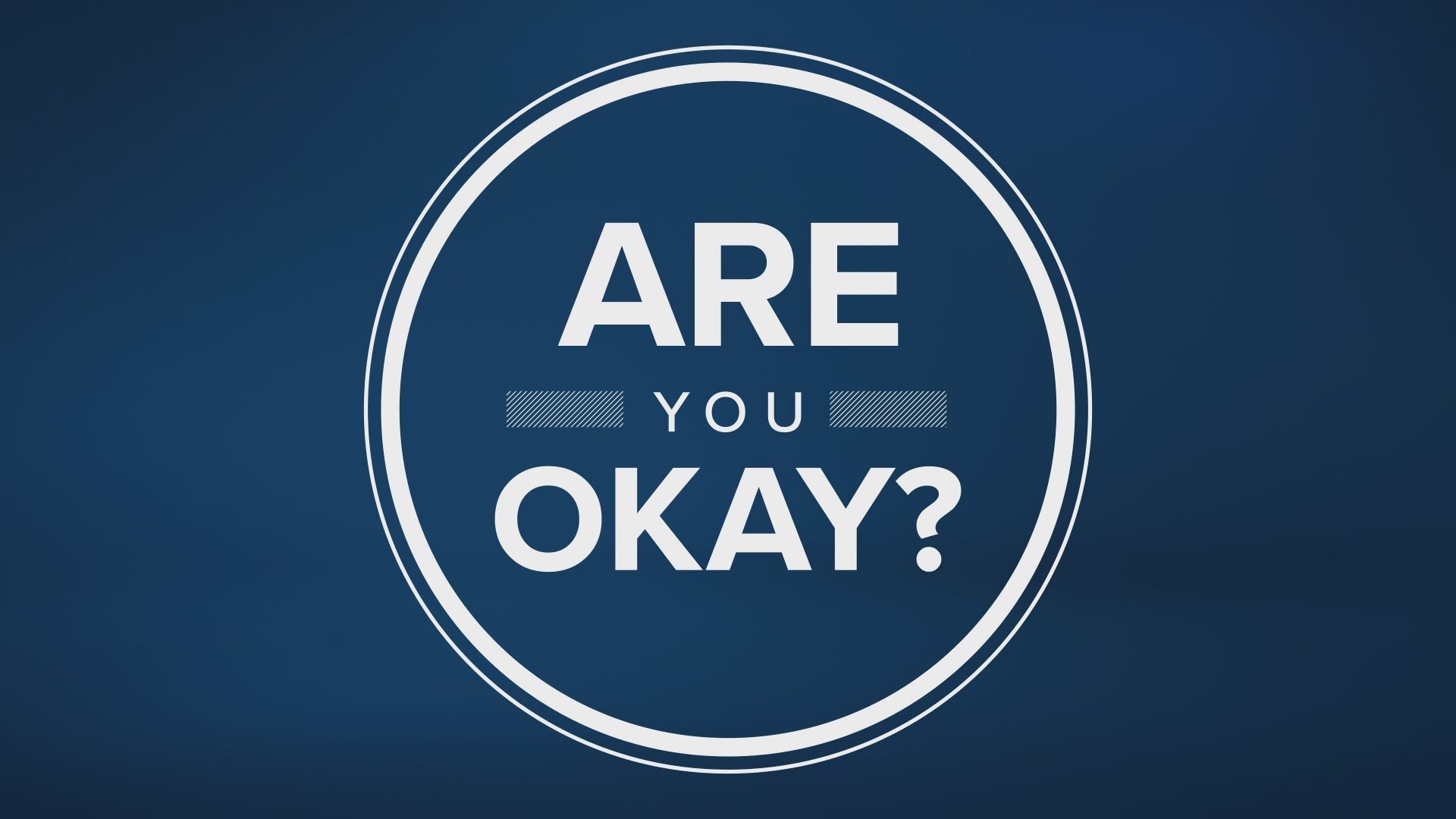SEATTLE — Lily Cornell Silver has experienced grief, anxiety and depression. Her father, Seattle musician Chris Cornell, struggled with his mental health and substance use.
In her growing series, Mind Wide Open, Cornell Silver seeks to have open and emotionally-informed conversations about mental health. She and her guests explore topics like oppression, grief, anxiety, depression, substance use and the interrelatedness of our behaviors. They also discuss the lingering effects of our trauma, which can be hard to resolve.
Why Lily Cornell Silver started the Mind Wide Open project
At the start of the pandemic, Cornell Silver said she suffered from anxiety and depression. Her life was disrupted in the midst of a college year and she recognized the pandemic as a global trauma.
The timing also coincided with the third anniversary of her father’s passing.
She understood people needed to talk to recognize all that they were feeling, and to gain tools for processing the intensity of this experience while learning how to cope with its ongoing nature.
She created the Mind Wide Open interview series as a way to make mental health and emotionally-informed dialogue an accessible resource to anyone who wants to listen and learn.
Cornell Silver uses a plain-talk, conversational approach in her interviews. No one needs a college degree in psychology to understand what is discussed on Mind Wide Open.
Talking with leaders and celebrities about mental health
In the Mind Wide Open series, Cornell Silver does talk with mental health leaders and celebrities about their experiences, but she also spoke with friends.
She said early on that it was a powerful experience to just have a conversation about mental health with good friends.
Cornell Silver interviewed celebrities, such as actors Michael K, Williams, Brittany Snow and Jack Osbourne. Of course, Seattle rock legends are part of the dialogue. Cornell Silver interviewed Heart’s Ann Wilson, Duff McKagen of Guns & Roses fame and Eddie Vedder, who she calls 'Ed.'
She said the value of speaking with famous people is to show others, that regardless of status, we all struggle with mental health. Being able to relate to, or understand the mental health experiences of others, can help each of us grow in our understanding and self-compassion.
Why millennials and Gen Z lead the mental health conversation
If Cornell Silver’s young face isn’t what you expected when you think about discussing trauma, think again. She said her generation is talking about mental health just like they talk about physical health.
Cornell Silver learned from her mother that it is important to talk about what you are feeling and seek therapy if you need help to feel better. She said her mother’s generation, Gen X, was not raised to have open conversations about mental health. But that Gen Xers learned and taught many of their children that mental health conversations need to happen.
Additionally, Cornell Silver pointed to social media as a platform that helps open discussions about mental health and connect people in less expected ways.
Often, people who suffer with mental health think they are alone, but through online connections more people are realizing that's not the case.
Cornell Silver said social media and podcasts like Mind Wide Open help people dial into clearer understanding of mental health and feel comfortable seeking out therapy and other resources.
Seattle-area mental health support
While Cornell Silver expands Mind Wide Open onto new platforms like self-care app Quilt, she is also getting busy close to home. On Thursday, May 13 at 12 p.m., Lily Cornell Silver will be the keynote speaker for the Changing Minds virtual event benefitting the MultiCare Behavioral Health Foundation.
We’re proud that KING 5's New Day Northwest Host, Amity Addrisi, is the event’s emcee.
Cornell Silver said she chose to work with the MultiCare Behavioral Health Foundation because the money the foundation raises goes to help Seattle-area people living at or below the poverty level gain access to mental health care services and substance use disorder treatment.

